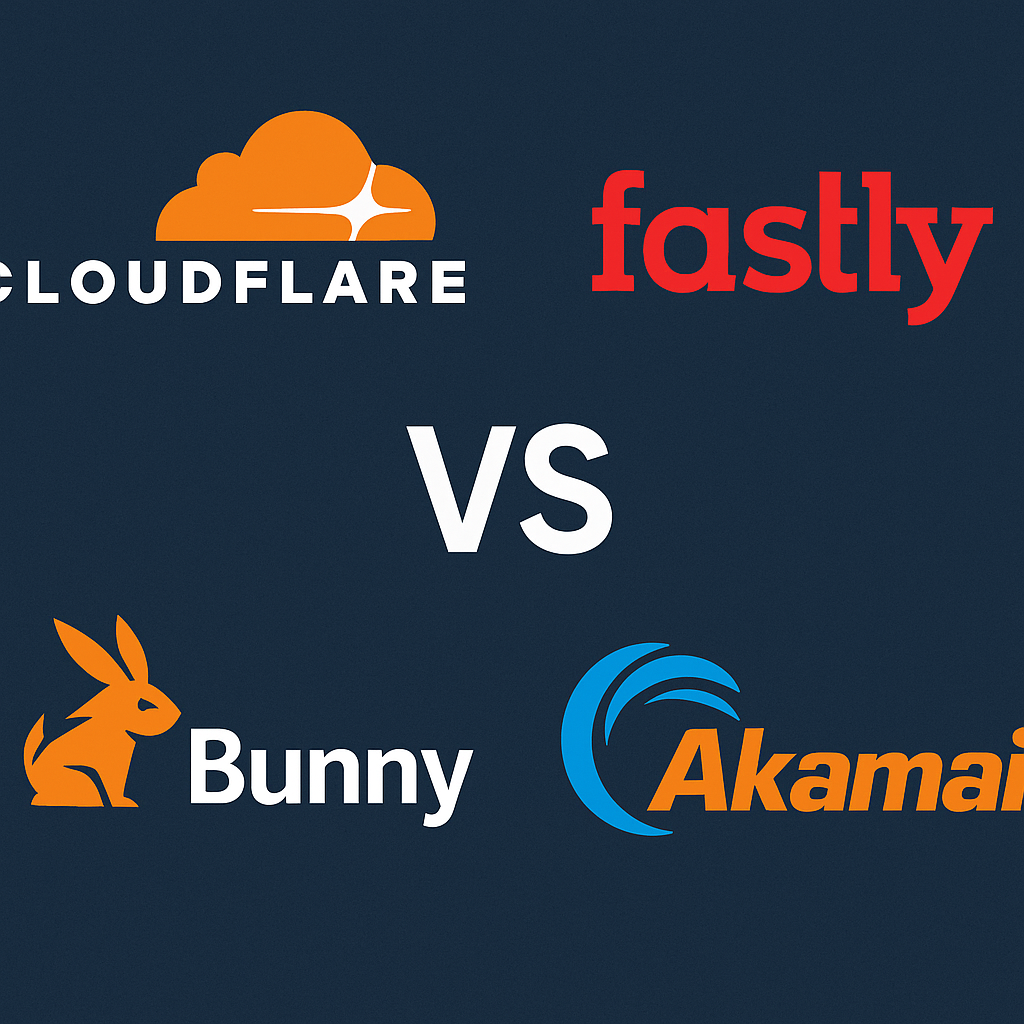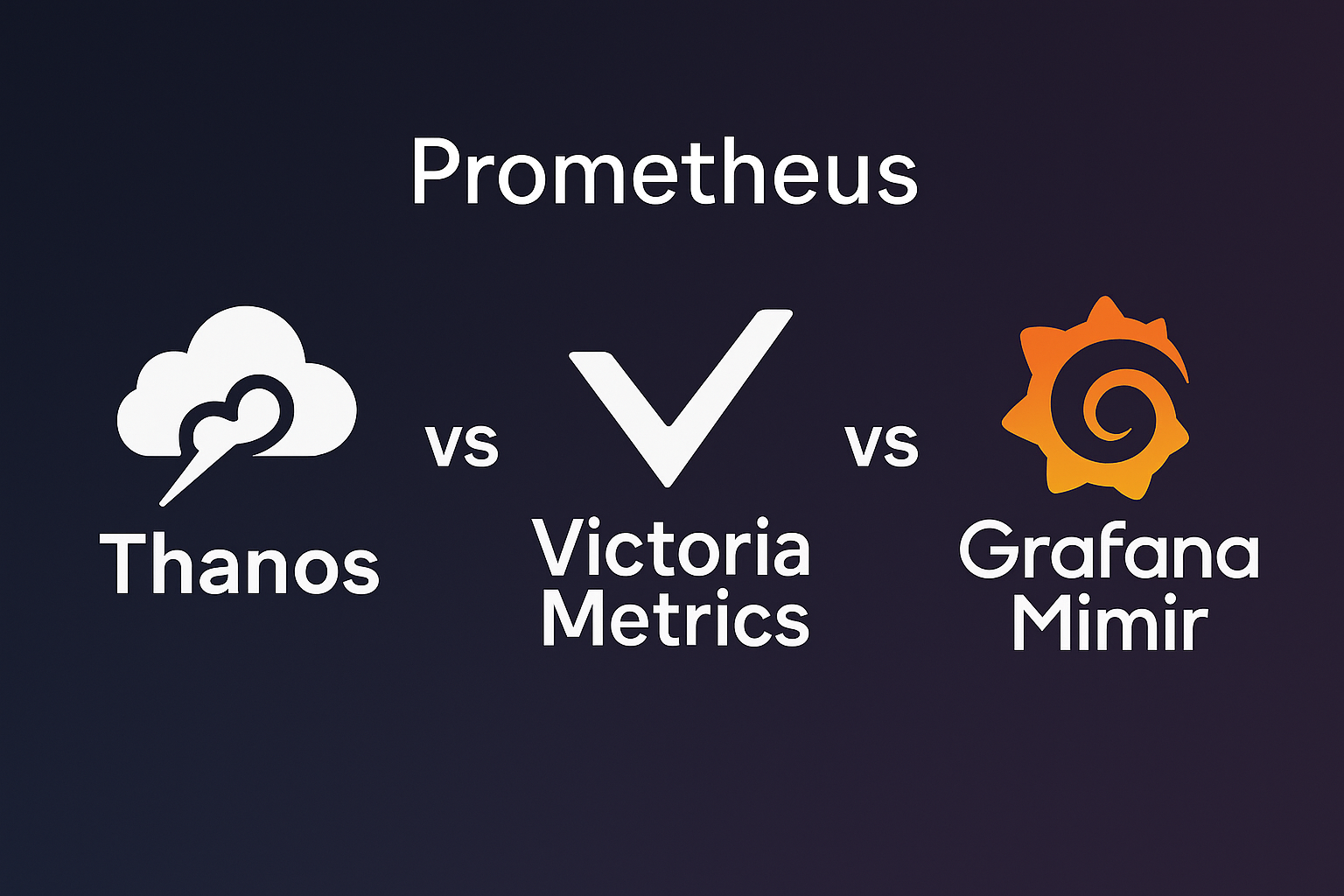ProxySQL vs MySQL Router vs MariaDB MaxScale on VPS in 2025: Performance Benchmarks, Read/Write Splitting, Connection Pooling, TLS/mTLS, and the Best MySQL Proxy for Your Stack

Choosing the right MySQL proxy solution for your VPS deployment can dramatically impact your database performance, availability, and scaling capabilities. As applications grow and database loads increase, implementing a proper proxy layer becomes essential for connection pooling, read/write splitting, and high availability. This comprehensive comparison examines ProxySQL, MySQL Router, and MariaDB MaxScale to help you make an informed decision for your 2025 stack.
Overview of MySQL Proxy Solutions
MySQL proxy solutions serve as intermediaries between applications and database servers, providing crucial features like connection multiplexing, query routing, and failover capabilities. Unlike PostgreSQL proxies, MySQL-specific proxies must handle unique aspects of the MySQL protocol and ecosystem.
ProxySQL: The High-Performance Proxy
ProxySQL is an open-source, high-performance MySQL proxy developed specifically for MySQL and its forks. It offers advanced features including:
- Query caching and result set caching
- Advanced query routing based on patterns
- Real-time configuration changes without restarts
- Built-in monitoring and statistics
- Support for MySQL Group Replication and Galera Cluster
MySQL Router: Oracle’s Official Solution
MySQL Router is Oracle’s lightweight middleware solution designed to work seamlessly with MySQL InnoDB Cluster. Key features include:
- Automatic discovery of MySQL InnoDB Cluster topology
- Built-in connection pooling and load balancing
- TLS/SSL support with certificate management
- Integration with MySQL InnoDB Cluster deployments
- Simple configuration and maintenance
MariaDB MaxScale: Enterprise-Grade Proxy
MariaDB MaxScale is an intelligent database proxy that provides advanced routing, security, and monitoring capabilities:
- Sophisticated query analysis and routing
- Data masking and firewall capabilities
- Support for multiple database protocols
- Advanced monitoring and diagnostics
- Commercial support and enterprise features
Performance Benchmarks and Comparison
Connection Pooling Efficiency
Connection pooling performance varies significantly between solutions:
- ProxySQL: Handles 10,000+ concurrent connections efficiently with sophisticated multiplexing
- MySQL Router: Optimized for moderate loads (1,000-5,000 connections) with lower resource overhead
- MariaDB MaxScale: Enterprise-grade pooling supporting 15,000+ connections with advanced queue management
Query Routing and Read/Write Splitting
Read/write splitting is crucial for scaling MySQL deployments. Performance characteristics include:
ProxySQL offers the most flexible routing with regex-based rules and query rewriting capabilities. It can analyze queries in real-time and route them based on complex patterns, making it ideal for applications with diverse query patterns.
MySQL Router provides automatic routing for InnoDB Cluster deployments with minimal configuration. It excels in environments where simplicity and Oracle ecosystem integration are priorities.
MariaDB MaxScale delivers sophisticated routing with query analysis, automatic failover, and support for complex topologies including master-master configurations.
Security and SSL/TLS Support
TLS Termination and mTLS
All three solutions support TLS encryption, but with different capabilities:
- ProxySQL: Supports TLS termination and pass-through modes with certificate-based authentication
- MySQL Router: Integrated TLS support with automatic certificate management for InnoDB Cluster
- MariaDB MaxScale: Advanced TLS features including mTLS and certificate-based user authentication
Similar to load balancer TLS implementations, proper certificate management and cipher suite selection are crucial for optimal security and performance.
Deployment and Configuration Complexity
Resource Requirements
Resource overhead varies between solutions:
- ProxySQL: 512MB-2GB RAM recommended, moderate CPU usage
- MySQL Router: 256MB-1GB RAM, lowest resource overhead
- MariaDB MaxScale: 1GB-4GB RAM, higher resource usage due to advanced features
Configuration Complexity
MySQL Router offers the simplest setup, especially when used with InnoDB Cluster’s automatic bootstrap feature. Configuration is straightforward and requires minimal maintenance.
ProxySQL provides the most configuration flexibility but requires deeper understanding of MySQL workloads and query patterns. Its admin interface allows real-time configuration changes.
MariaDB MaxScale falls between the two, offering extensive configuration options while maintaining reasonable complexity for experienced database administrators.
Use Case Recommendations
Choose ProxySQL for:
- High-traffic applications requiring advanced query routing
- Complex read/write splitting scenarios
- Mixed MySQL/MariaDB environments
- Applications needing query caching and rewriting
Choose MySQL Router for:
- MySQL InnoDB Cluster deployments
- Simple, low-maintenance proxy requirements
- Oracle MySQL ecosystem integration
- Resource-constrained environments
Choose MariaDB MaxScale for:
- Enterprise environments requiring commercial support
- Complex multi-master replication topologies
- Advanced security requirements including data masking
- Comprehensive monitoring and auditing needs
Conclusion
The choice between ProxySQL, MySQL Router, and MariaDB MaxScale depends on your specific requirements, infrastructure complexity, and performance needs. For most production deployments, ProxySQL offers the best balance of performance and flexibility, while MySQL Router excels in Oracle MySQL environments with its simplicity and tight integration.
When deploying any of these solutions on a VPS, consider the resource requirements and network topology. We offer high-performance VPS solutions in Singapore, Sydney, and Amsterdam with AMD EPYC processors and high-availability storage, providing the perfect foundation for your MySQL proxy deployment.
Remember that proper monitoring and observability are crucial for any database proxy deployment. Consider implementing a comprehensive observability stack to monitor your proxy performance and database health effectively.
Related Articles

Top CDN Providers for VPS in 2025: Complete Performance Analysis of Cloudflare vs Fastly vs Bunny vs Akamai

Master Cloud-Init on Ubuntu 24.04: 30 Production-Ready Templates for Docker, SSH Security, and VPS Automation
